Posts
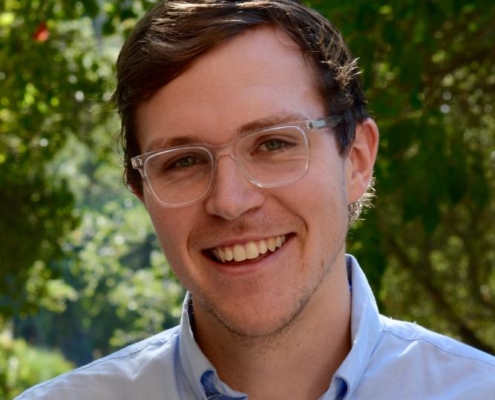
Incoming UCLA Professor Examines if Vote-by-Mail Advantages Either Political Party
By Dan Thompson I am a PhD candidate in American politics…
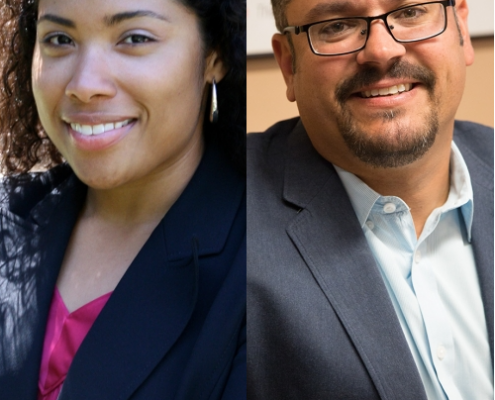
UCLA Researchers Awarded Major NSF Grant to Study 2020 Election
The National Science Foundation has issued a nearly $1 million…

Co-Director of UCLA Voting Rights Center Secures Settlement on Texas Voting Rights Case
UCLA lecturer and co-director of the UCLA Voting Rights Center,…

UCLA Professor Barreto Writes Timely Op-Ed on the Elections and Immigration for The New York Times
October 24, 2018 UCLA Professor Matt Barreto wrote an…
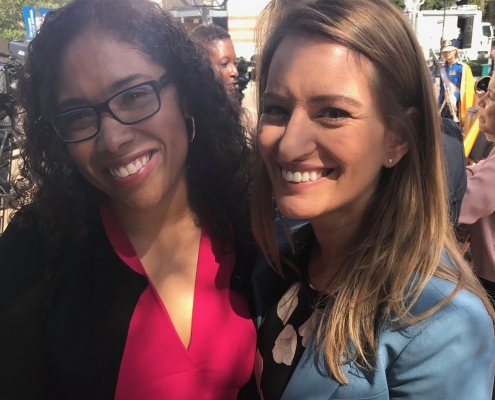
UCLA Professor Frasure-Yokley Discusses Her Electoral Research on MSNBC — Watch Video Here
On October 8, UCLA Professor Lorrie Frasure-Yokley and UCLA…
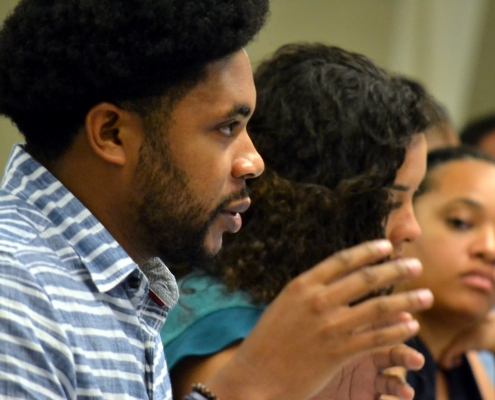
The Collaborative Multiracial Post-Election Survey Welcomes Scholars From Around the Country to UCLA
UCLA looks forward to welcoming a diverse and inter-generational…
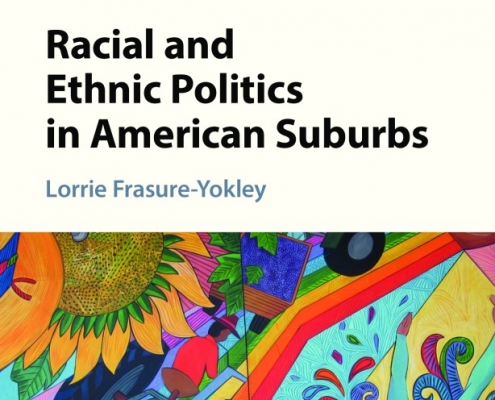
PART 2: “Conversations with Changemakers” featuring Dr. Lorrie Frasure-Yokley
The following interview with Changemaker Dr. Lorrie Frasure-Yokley…
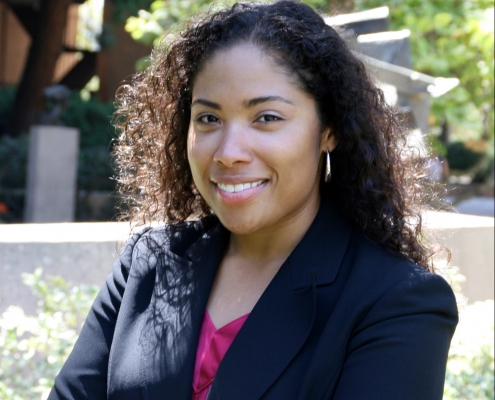
LA Social Science Presents “Conversations with Changemakers” Featuring Dr. Lorrie Frasure-Yokley
Although the academic year is winding down, Dr. Lorrie Frasure-Yokley,…

Why Trump Can’t Have Tariffs and More Restrictions on Immigration
By Margaret E. Peters Assistant Professor, Political Science The…

